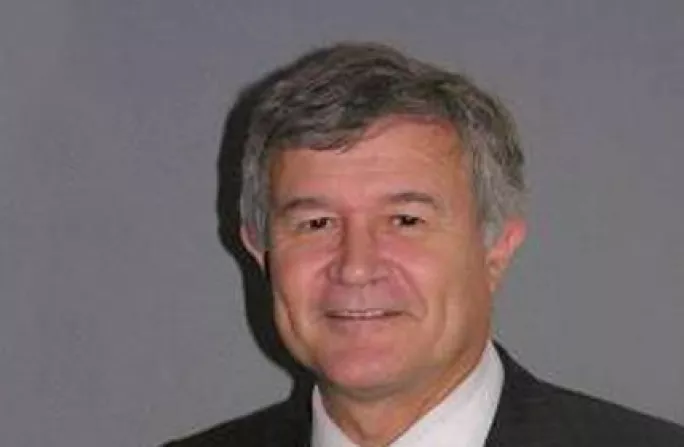Scrutiny of free school plans too weak, DfE commissioner admits
Scrutiny of new free school plans has not been good enough in the past, the new head of the government’s free schools and academies programme has admitted.
Frank Green, who was appointed national schools commissioner at the Department for Education earlier this year, made the admission when asked why so many free schools were being set up in areas with large numbers of surplus places.
“A few years ago, in order to launch the programme, the scrutiny process was perhaps not as strong as it should have been,” Mr Green conceded at a Westminster Education Forum event.
He was responding to concerns about surplus places raised by Jan Tallis, chair of governors at Forest Gate Community School in East London.
“In London we’ve also got huge squeezes in certain areas where, you know, kids can’t go to school,” she said. “Yet down the road, where it’s completely not needed, we’ve got free schools opening without adequate facilities. And it just does seem a little bit bonkers.”
Last month Councillor Ralph Berry, lead member for children and young people at Bradford Metropolitan District Council, told the forum that there were problems with the planning of free schools even in areas like Bradford where more school places were needed.
“There has to be some, in my view, return to a coherent process of commissioning, of planning and organising places,” he said. “We do actually need to go back to the old system of acquiring land, compulsory purchase orders, and proper discussion with the community, because we need schools where people live.”
Mr Green said 80 per cent of “new” free schools were now in areas of basic need.
When asked about Trinity Academy, a free school that opened on an £18 million site in Brixton, South London, this term with just 17 pupils, he noted that it had been approved “two or three years ago”.
He told TES: “That would be unlikely to happen now because the criteria [for opening free schools] are much more rigorous in terms of the two requirements - that there is a basic need or that there is weakness or there is not outstanding performance in that area.”
Asked whether those criteria had been in place in the past, he said: “Before my time.”
Earlier this year Natalie Evans, director of the New Schools Network, a government-funded charity that helps groups to open free schools, predicted that there would be more failures among the first free schools owing to “legacy issues from the early days”.
“There will be more failures, there’s no question. I wish I could say I think there won’t be, but I’m sure there will be,” she said in January.
Related stories:
Free schools not reaching the poorest, study finds August 7 2014
Free schools spending lacks proper scrutiny, report warns May 9 2014
‘The discussion around free schools has become distorted, and it isn’t fair’ May 2 2014
Free schools: ‘There will be more failures’, warns key supporter - 8 January 2014
Keep reading for just £1 per month
You've reached your limit of free articles this month. Subscribe for £1 per month for three months and get:
- Unlimited access to all Tes magazine content
- Exclusive subscriber-only stories
- Award-winning email newsletters




